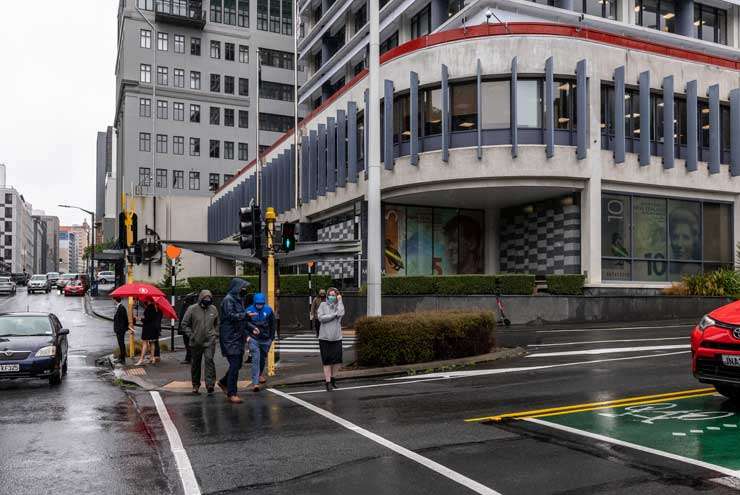One in almost 1000 properties bought in the last five years are currently in negative equity, new figures show.
New analysis of the housing market slowdown by OneRoof's data partner, Valocity, has found that significantly more homeowners could be at risk if property values suffer further declines.
Valocity’s senior research analyst, Wayne Shum, said: "Our analysis found that just 0.11% of Kiwi homes purchased in the last five years are in a negative equity position but if property values drop by 20%, the percentage of homes in negative equity will increase to almost 5%. That equates to one in every 22 homes bought in the last five years."
The release of the data follows warnings from the Reserve Bank that new homebuyers are "particularly vulnerable" to falling house prices and that a "sharp correction" in the housing market is still plausible.
Start your property search
"Recent buyers with limited equity are particularly vulnerable to house price declines. Furthermore, a large fall in house prices would significantly reduce housing wealth and could lead to a contraction in consumer spending," the central bank said in its six-monthly Financial Stability Report.
Negative equity is when the value of a property is less than the mortgage outstanding, and is usually caused by falling house prices or when properties are purchased with a low deposit.
"When a property is in negative equity, the homeowner will have lost a portion or even all of the deposit paid when purchasing the property,” Shum said. “Rising interest rates and rising inflation mean that decreases in property values are going to be a challenge for some homeowners.”
The Valocity research found that Auckland and the West Coast have the highest proportion of properties bought since 2017 in negative equity - 0.27% and 0.42% respectively. Gisborne, Nelson and Taranaki had the least.
Shum said increasing interest rates and a softening housing market would put more some regions experience a sharp increase in negative equity. "If property value fall 10%, just over 1% of Auckland homes purchased since 2017 will be in negative equity. However, if property prices drop 20%, the proportion increases to almost 6.5% - or one in every 16 homes purchased in the city since 2017."
Shum said first homeowners and those who had bought apartments were most at risk.
"Over 2% of apartments bought since 2017 are in negative equity today, 20 times the national average. If property prices drop 20 per cent, this increases to 20.18%," Shum said, adding that apartments had seen little price growth over the past five years and therefore "are more susceptible to any market decline”.
“Negative equity can affect people looking to sell their properties because the outstanding mortgage is higher than the value of the property, and it usually means the seller has to fund the shortfall. It can also make refinancing difficult and may trigger additional costs such as a low equity premium.”

The Reserve Bank headquarters. The Bank has said new homebuyers are "particularly vulnerable" to falling prices. Photo / Getty Images
Shum said that those who purchased properties before the market took off after the end of the first Covid lockdown, in 2020, should have enjoyed strong equity gains. "This will create a buffer against any property price drops," he said.
Mortgage Lab chief executive Rupert Gough said that negative equity wasn’t a problem for homeowners who didn’t plan to sell. “Along as you are paying the mortgage everything is good with the bank."
Gough said negative equity was a concern for those who bought with a low deposit. "They [banks] want you to pay down that mortgage and get out of the danger zone."

















































































